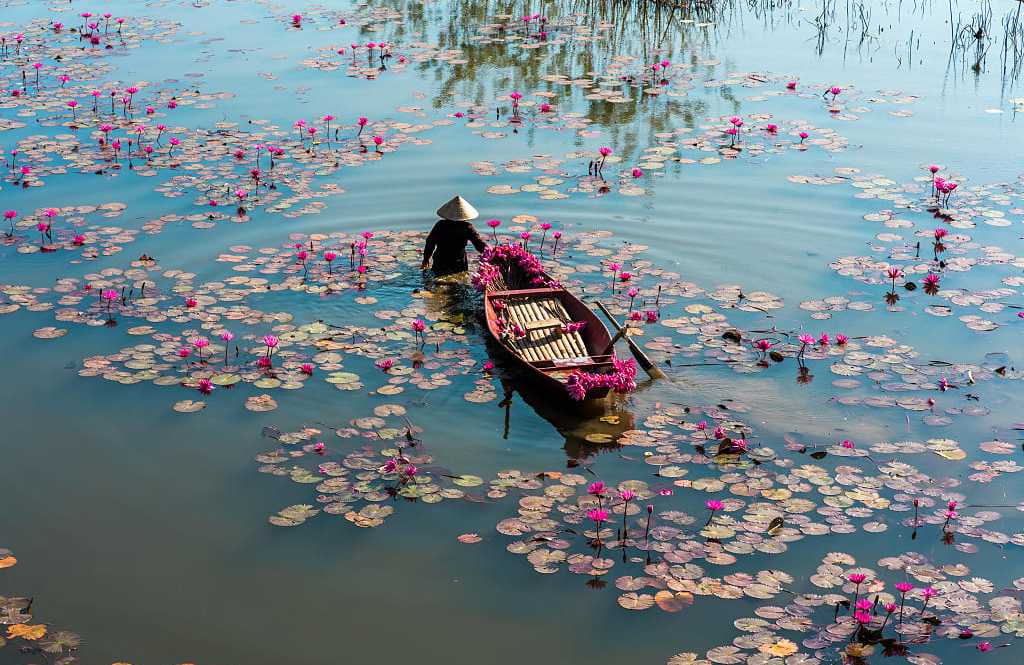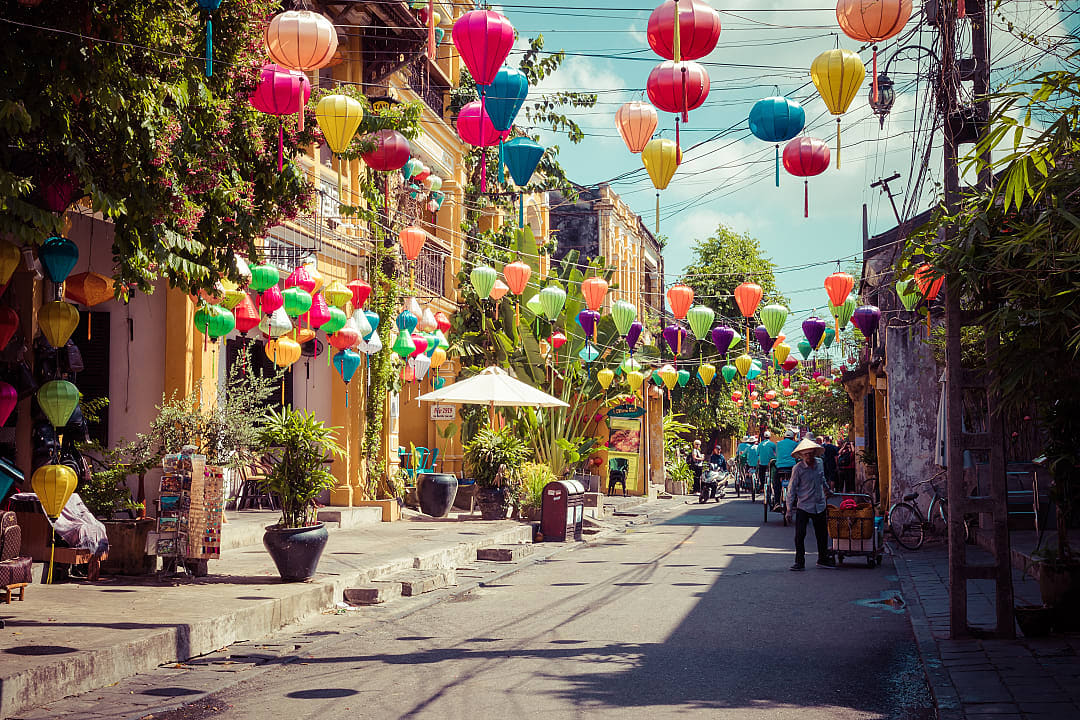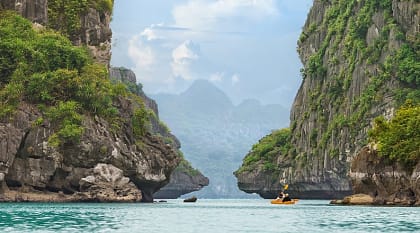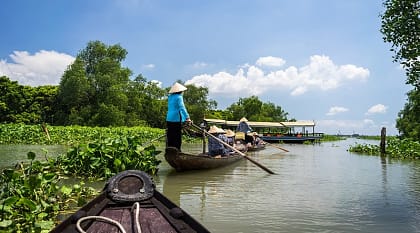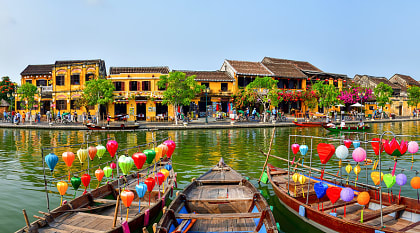Vietnam is in Southeast Asia, bordering Cambodia and Laos to the west and China to the north. The country lies on the eastern edge of the Indochina peninsula, with its eastern coastline overlooking the Gulf of Tonkin and the South China Sea.
Vietnam is one of the most popular destinations to feature on our Southeast Asia tours as it is accessible and a gateway to more of the region’s top countries. With Zicasso, you can explore more of Southeast Asia from Vietnam on multi-country trips found in our Thailand & Vietnam tours, Vietnam & Cambodia tours, and Thailand, Cambodia & Vietnam tours.
